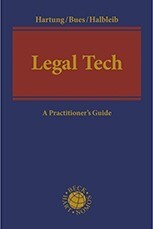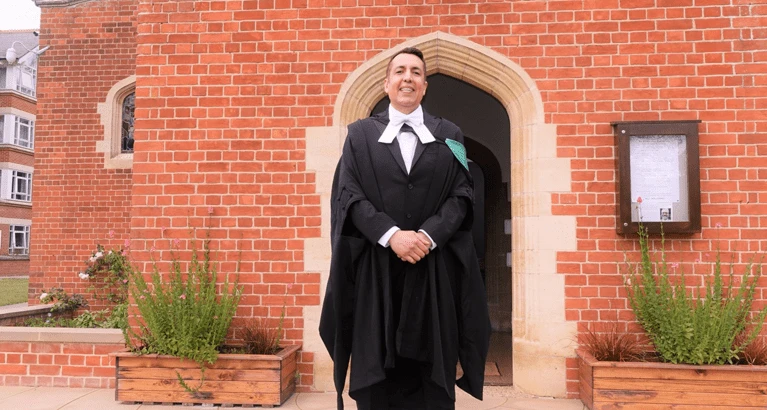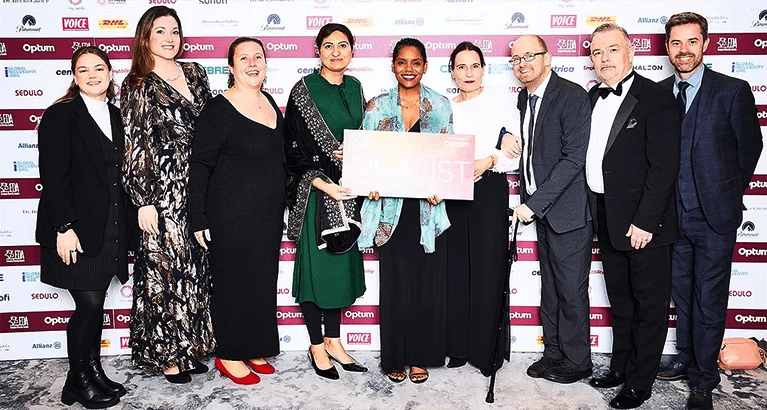
New chapter by Filip Corveleyn (EMBA 2010) explains how large companies can utilise technology to improve their legal processes.
“Companies are used to applying efficiency techniques to production and service tasks, but their legal processes are often overlooked,” explains Filip Corveleyn (EMBA 2010), Head of Research and Development at Legal Studio.
In his chapter in the newly-published book Legal Tech: A Practitioner’s Guide, Filip explores how companies can use technology to apply operations management techniques to legal processes and improve their efficiency.
“For tasks that are more administrative and do not require legal expertise, such as filing accounts and processing bank guarantees, companies can apply the ‘swift, even flow’ principle to improve their efficiency”, explains Filip. “My research hones in on the potential of this process thinking for legal processes and how this can be applied in practice using technology.”
4 challenges to implementing legal process solutions
Filip identified four hurdles larger organisations face when implementing process solutions.
1
Too many separate databases that don’t talk to each other
Companies tend to use a variety of third-party tools to solve specific solutions. There’s a database to store company contracts; a tool to manage clients’ privacy data; one to cover legal entity data; the list can go on. Every tool is self-contained and has its own data.
2
Duplicating data unnecessarily
If databases and tools can’t connect with each other, companies could be doubling or tripling the same data across different platforms. Updating this data becomes a huge challenge.
3
Lack of project management understanding
If companies don’t understand the impact of poor project and change management, they won’t realise how this leads to failure when introducing new ways of working.
4
Replacing email with a more efficient messaging solution
The most effective way to run a project is to integrate email into a specific tool or application. Having a separate email browser is one of the most inefficient project management solutions. As this dilutes everything into text, it is often difficult to separate information from tasks, deadlines from questions etc. By integrating messaging functions into a single application, email can become the exception, rather than the rule.
Drawing on his experience at Cambridge Judge
Filip’s work builds on the research he undertook as an Executive MBA participant at Cambridge Judge Business School. His application of the ‘swift, even flow’ principle was inspired by the work of Professor Roger Schmenner, a former Visiting Research Fellow during his time at the Cambridge Judge.
“My chapter is based on research I carried out on my Individual and Team Consulting Projects on the Executive MBA.”
After completing the programme, Filip co-founded a legal tech startup called Tools4 Legal (later TPR Legal). His co-founder, Felix Rackwitz, was a classmate of Filip’s at Cambridge and co-authored the German version of this chapter.
Filip recently founded a new legal tech startup called Legal Studio, where he develops this idea further.
The Executive MBA
Be part of the journey towards inclusive leadership. Explore our ongoing gender research, download the latest reports, and discover how our Executive MBA programmes are shaping change.
Related articles
Student and alumni news
Startup lessons turned into a founder playbook
Learn how Cambridge Executive MBA graduate Massimo Schäppi turns a decade of startup lessons into ‘Gründen ohne Umwege’, a playbook for founders from idea to investment.
Student and alumni news
A leadership journey
Joe Calder (Executive MBA 2020) has received a St John Volunteer Corps Award for volunteer services in recognition of his work with the disadvantaged in society. Joe received his award along with other St John volunteers. He shares his experiences and insights on the transformative power of volunteering, highlighting how it has shaped his personal and professional journey.
The Executive MBA (EMBA) team at Cambridge Judge Business School was named Diversity Team of the Year at the 2025 European Diversity Awards, which celebrate individuals and organisations leading the way in diversity, equity and inclusion.





